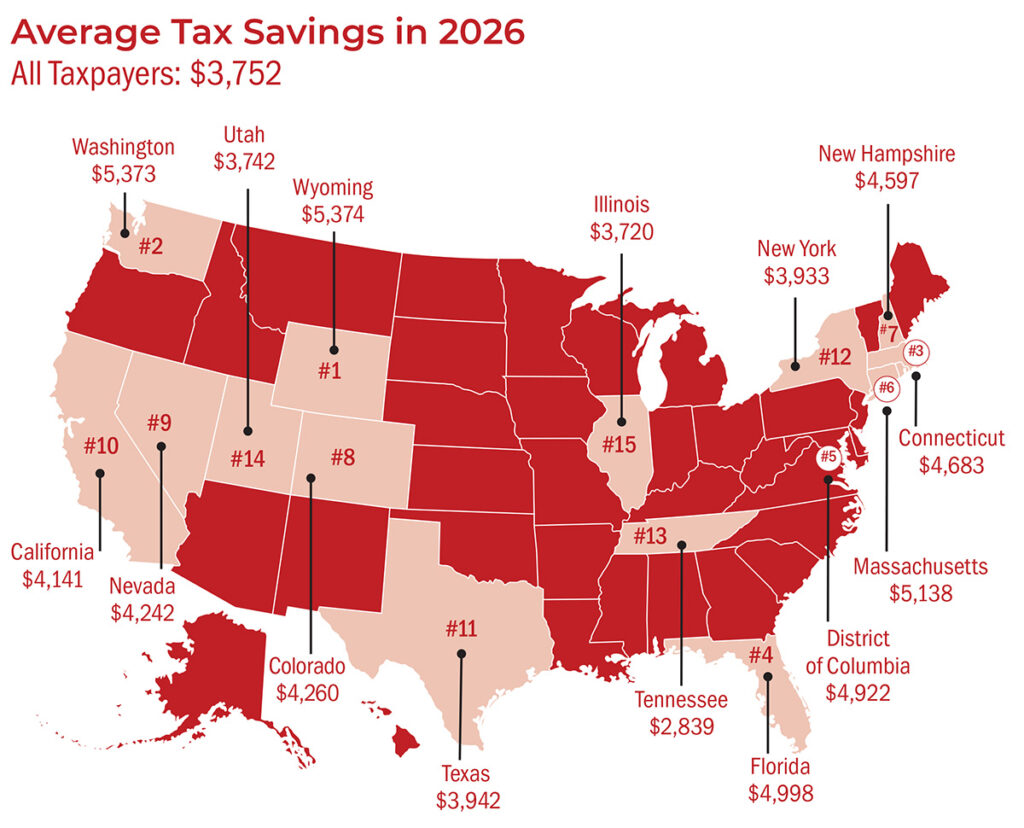OBBBA also introduced several deductions for 2026 that you can claim in addition to the standard deduction without having to itemize your deductions.
Charitable Contributions. This permanent deduction lets you claim up to $2,000 (married filing jointly) or $1,000 (single) in cash qualified charitable deductions.
Student Loan Interest of up to $2,500 remains deductible in 2026, with a phase-out between $170,000 and $200,000 MAGI for joint filers and between $85,000 and $100,000 for single filers. However, starting with the 2026 tax year, forgiven student loan debt generally becomes taxable income again.
Vehicle Loan Interest of up to $10,000 a year can be deducted, effective for 2025 through 2028. You must purchase the vehicle for personal use and meet other eligibility criteria.
Additional Deduction for Seniors. If you’re age 65 or older, you’re eligible for an additional deduction of $6,000 (single) or $12,000 (married filing jointly). The deduction phases out for taxpayers with income over $75,000 (single) and $150,000 (married filing jointly).
Qualified Tips. For tax years 2025 through 2028, you can deduct up to $25,000 in tips received. To qualify, these tips must be received in occupations that customarily and regularly receive tips. The deduction phases out for single taxpayers with modified adjusted gross income (MAGI) over $150,000 and married couples (filing jointly) with income over $300,000.







